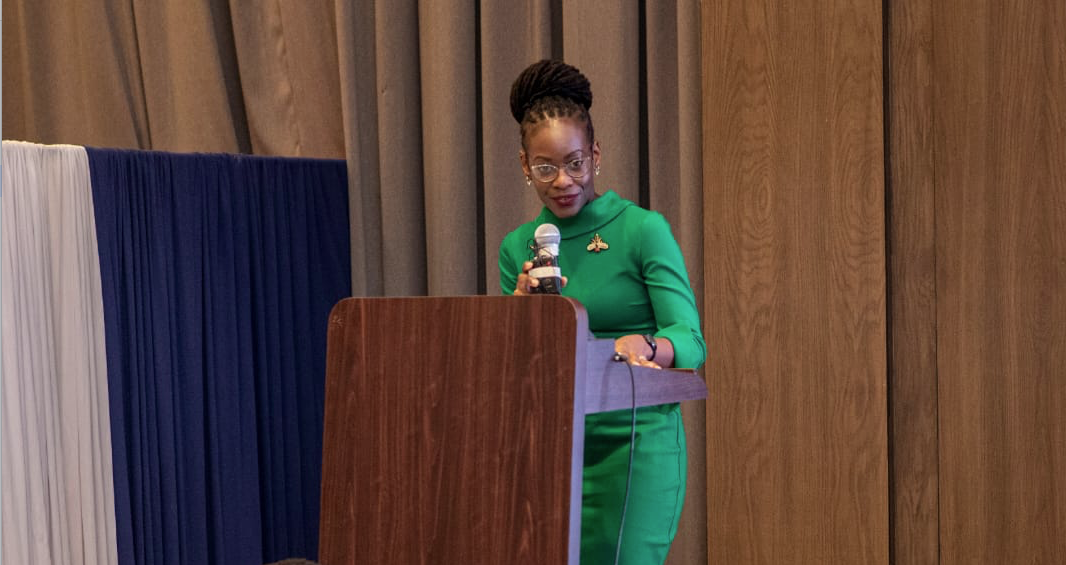

Murang’a County has been ranked among counties with the lowest teenage pregnancy prevalence rates at 9.2 per cent.
The situational Analysis Report on teen pregnancy in Kenya released by Forum for African Women Educationalist Kenya(FAWEK), analyses the current state of teenage pregnancy in 20 counties where FAWE seeks to significantly reduce the incidents of teenage pregnancy in Kenya.
In the report, FAWE Kenya in partnership with MasterCard Foundation implementing the Imarisha Msichana Programme found teenage pregnancy among girls 15 to 18 years old stood at 27.4 per cent.
Speaking during the launch of the report, FAWE Africa Deputy Director Teresa Omondi said the insights gained through the situational analysis report on teen pregnancies in Kenya will be valuable in shaping future interventions.
“This report is a testament to our commitment to understanding and addressing the issue of teenage pregnancy as it is not just about reducing the numbers, but transforming lives and communities,” she said.
“The report’s data and insights are essential in formulating targeted and effective interventions whose comprehensive approach will help reduce the rates of teenage pregnancy and improve the socio-economic conditions of the affected communities.”
In the report, the counties with the highest teenage pregnancy prevalence rates were Narok at 43.3 per cent, Kajiado 35.6 per cent and Turkana at 34. 2 per cent while the counties with the lowest teenage pregnancy rates were Nyeri at 6 per cent, Nyandarua at 8 per cent as and Murang’a county at 9.2 per cent.
The report recommends parental education, family life counselling, school mental health programmes, law and policy enforcement at all levels and financial assistance to girls and boys in need.
It recommends the implementation of programmes in schools that increase awareness of the laws and policies on teen pregnancy in Kenya and conducting sensitisation campaigns in schools and establishing forums in schools that empower girls to speak out.
“An example is the Tuseme Clubs implemented by FAWE in schools under the Imarisha Msichana Programme,” she said.
Master Card Foundation Acting County Director Hannah Tsadik said the illuminating report will serve as a catalyst for action towards more inclusive economies.
“Delivering solutions to this challenge unlocks opportunities for everyone: young women, young men and the communities they belong to” she said.
The best gender-responsive reporters were awarded for their outstanding contributions in reporting sexual and reproductive health rights issues.
FAWE Kenya CEO Jeanette Nyanjom said the role of media in promoting gender equality cannot be overstated.
“Quality gender responsive journalism is crucial in creating awareness and driving societal change” she noted.
Nyanjom said Imarisha Msichana Programme has trained 250 journalists to report on gender issues with sensitivity and accuracy, significantly contributing to the fight against teenage pregnancy.



